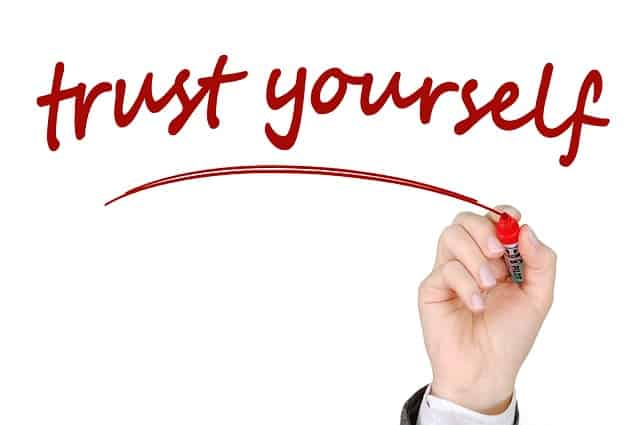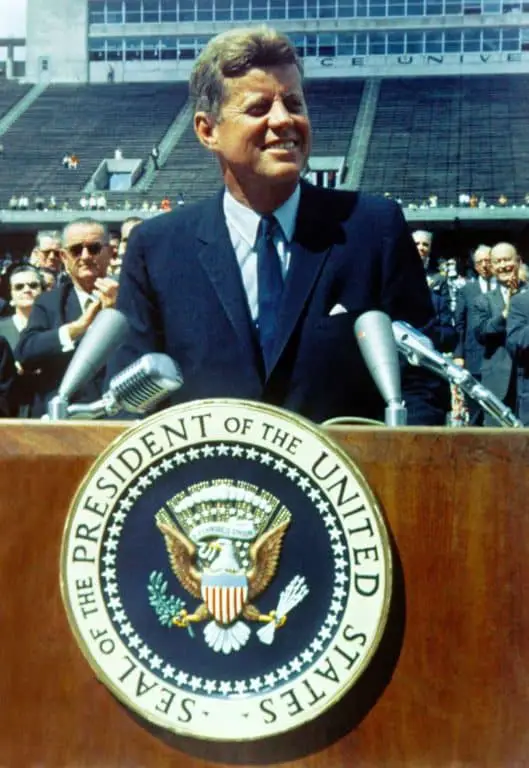What Makes a Good Presentation For a Job Interview? 7 Tips
Interview presentations are fast becoming a key part of the recruitment process as several hiring agencies are making it a mandatory exercise for short-listed candidates.
It would seem that many employers are getting more interested in employees with impressive communication skills, which, when hired, can be positively used to represent their brands.
As a job seeker, however, you’ve nothing to be worried about as interview presentations can actually be used to your advantage if you know what hiring panels or employers are constantly on the lookout for.
Revealed below are the seven elements that make up a good presentation for any job interview.
- Confidence
- Passion
- Understanding
- Excellent Communication Skills
- Organizational Skills
- Clarity
- Proper Time Management
There are many reasons for candidates to fail their job interview presentations, and in this article, we will be sharing best practices to help you ace your job interview presentation. For starters, check below some interesting stats, from JobMonkey on why candidates fail interviews:
67% Of Applicants Failed To Make Eye Contact With The Interviewer
47% Knew Little Or Nothing About The Company
38% Did Not Get The Job Due to Their Overall Confidence Or Quality Of Voice
38% Lacked A Smile
26% Were Eliminated Due To Weak Handshakes
21% Of Interviewees Crossed Their Arms Over Their Chest
Depending on the company and the role you are applying for there could be a number of topics they can ask you to make a presentation on, if you’d like some ideas with topics, please check our article below with over 50 ideas for job interview presentation topics.
Highly Recommended Next Articles to Read:
55 Job Interview Presentation Topics
10 Dos and Don’ts for Job Interview Presentations
9 Tips on How to Deliver a Case Presentation Interview
Good Presentation For a Job Interview: 7 Key Aspects
- Confidence
When making presentations, confidence is one quality you should never do without.
Yes, it’s absolutely natural to get nervous and jittery before a presentation. After all, you’re going to be the center of attention for some time, and everything you say or do will be thoroughly scrutinized.
However, on no account should this affect your delivery, as your confidence (or lack of it) is a strong evaluation point for your audience.
Believe it or not, your hiring panel wants you to succeed. If you passed the first stage of the recruitment, then they must have found you promising.
They want to see you speak about your ideas with great conviction and without fear. They want to believe you’re right. But how can they do that if you won’t look them in the eye and keep second-guessing yourself the whole time?
An excellent way to build confidence is good preparation and constant practice. Do a mock presentation with your friends and have their feedback. Keep practicing, and you’ll get over the anxiety and speak with great conviction.

- Passion
Another important thing that can determine the outcome of your presentation is how passionate you are about it.
Showing apathy during presentations reveals a lack of interest. It gives the audience the idea that you really don’t know what you’re talking about.
For a good presentation, you need to be passionate about your ideas. Bring your points to life by expressing genuine enthusiasm as you address them.
Delivering your presentation with high energy will guarantee three things:
- You’ll inspire trust because they’ll realize that you know your onions.
- You’d capture the audience’s attention because your presentation is interesting, and you’re a joy to watch.
- Finally, energy is transmissible. As a result, when you are passionate about your idea, you’re likely to stimulate an equal level of interest in your listeners.
- Understanding
Going for a presentation without adequate preparation is a futile endeavor. Furthermore, it’s disrespectful to the interviewer who prepared their time to listen to you and learn about you.
Whenever you have a presentation in view, it’s expected that you learn everything you can about the topic. You need to research extensively to be fully prepared.
This high level of preparedness will give you leverage during your presentation as your great understanding of the topic would become immediately visible to your audience. Look up articles, read journals and compare facts from credible references.
Have an in-depth understanding of the company you’re hoping to work for.
Some examples of questions to know the answers for your Job Interview Presentation
- What is their mission statement?
- How long have they been in the market for?
- What ground-breaking records have they had in recent years?
- What is their competition?
- What policies can be adopted to ensure lasting change?
These and more are possible questions that’ll point you in the right direction when doing your research.
Strive for knowledge. Don’t just memorize facts; an informed audience can always tell.
Carl Kwan’s video on how to ace a job interview presentation is the shortest and most interesting advice shared on Youtube – 3 golden tips to put you on the right track. Click and check the video below.
- Excellent Communication Skill
Your hiring panel somehow believes that delivering your presentation should come easy to you. They expect you to have the words naturally flowing from you and not having them rushed through or read out like a script. This is how they know you can efficiently represent their company in business meetings with clients.
In your delivery, you should also ensure that you maintain eye contact with the audience. This helps to foster rapport and build connection.
Looking everywhere else but at your audience shows you’re unsure of your convictions and intimidated by their scrutiny. Which is the last impression you want to convey.
To ensure that your presentation is memorable, resist the urge to memorize sentences. Instead, speak from your repertoire of acquired knowledge of facts, your well of understanding.
Speak with precision. You should also pace yourself, do not rush through your presentation as though you can’t wait to get done with it. Pause for impact. Be at ease. Smile. As you do, you’ll find that most of the fear is all in your mind.
- Great Organization Skill
When designing your slides, your organization should come to play. There should be a layout or structure your points should follow, else your message becomes all muddled up, and you lose your audience.
To avoid that, you should strive to keep your presentation slides simple, less wordy, and more visual.
Your points should connect and be credible (keep references handy). That way, your audience can easily understand what you’re saying as you move along.
- Clarity
A concise message well delivered is a vital part of a good presentation. What message are you trying to pass? Is it clear?
Are you on topic or just trying to look cool?
A good presentation should be able to pass a concise message. Else, it’s a fruitless attempt. Identify a clear message for your presentation, then build your points around it. That way, it is clear to you and your audience what your presentation is about.
- Proper Time Management
When delivering your presentation, one crucial thing to factor in is time. You aren’t going to be on the stage forever, so you need to manage your time effectively while you’re there.
Distill your message to cogent points so that you’re able to focus only on what’s important. Make sure you work strictly with the allotted time and not run over it.
Keeping to time and working strictly within the stipulated duration shows that you’re a responsible individual who can make judicious use of resources no matter how limited they may be. And this is the kind of impression you want to make.
CONCLUSION
Job interview presentation is a crucial part of the recruitment process that can mar one’s chances of getting the job if not delivered successfully.
Thankfully, it could also be that one thing you will ever need to set you apart from other job seekers. Understand what makes a good presentation, and you will never again worry about delivering one.
REFERENCES & FURTHER READING
JobMonkey. 9 Reasons Why your Failed the Job Interview








